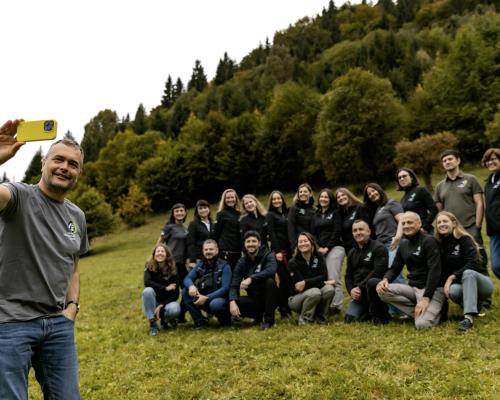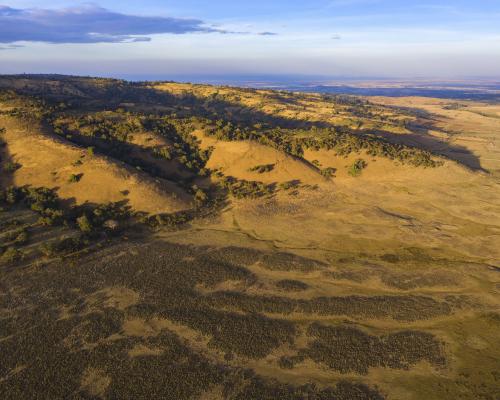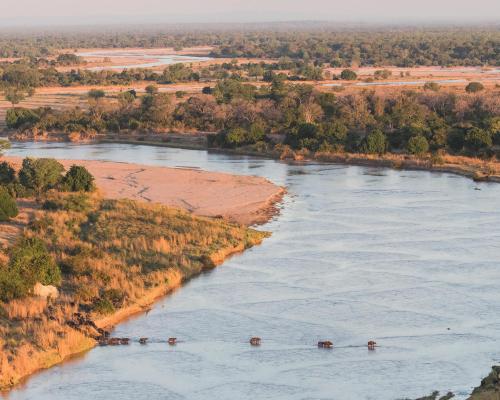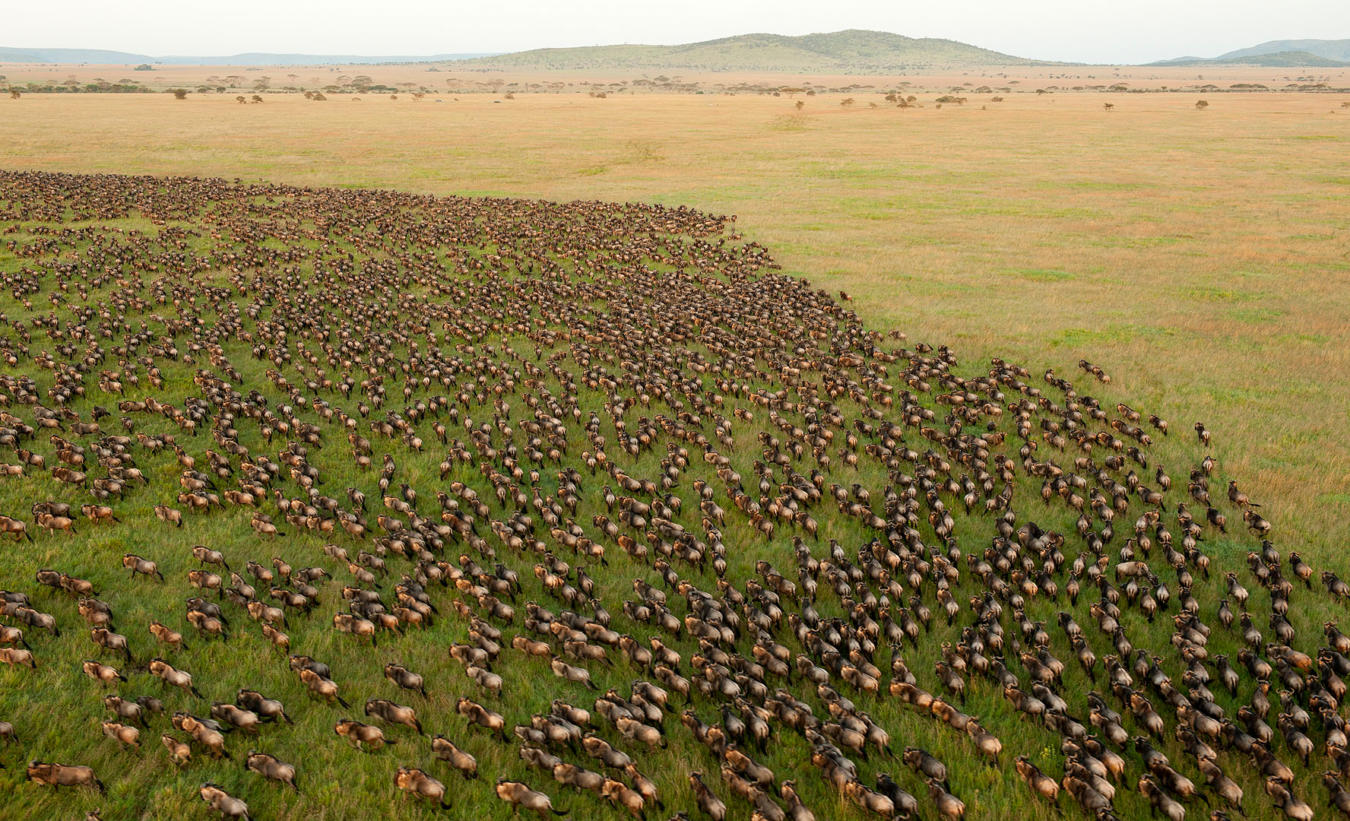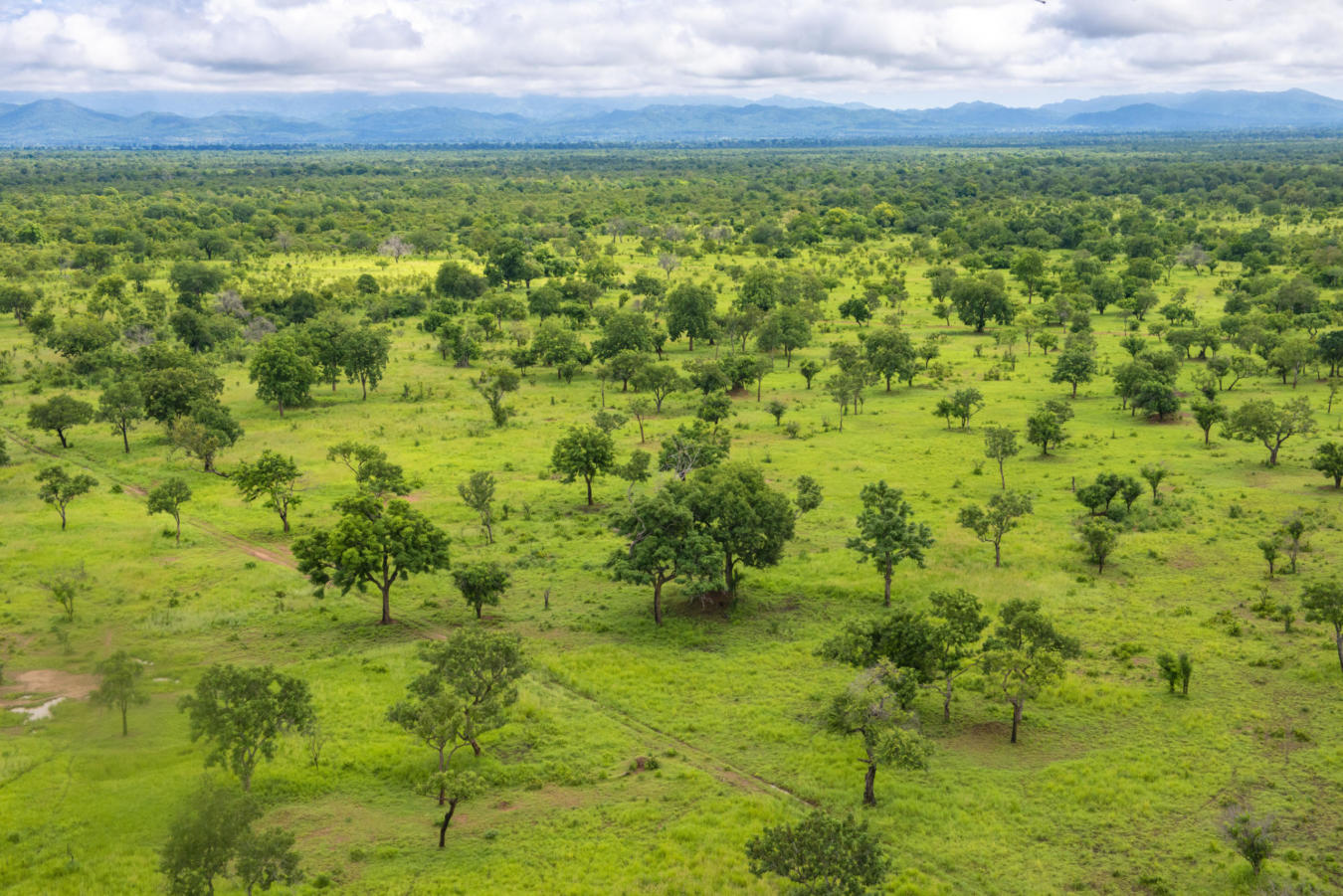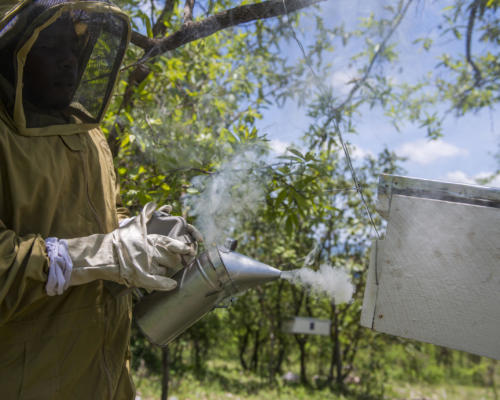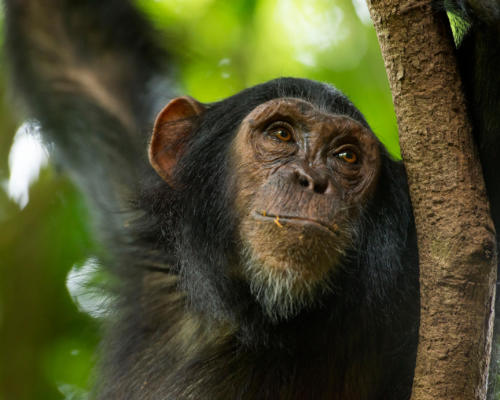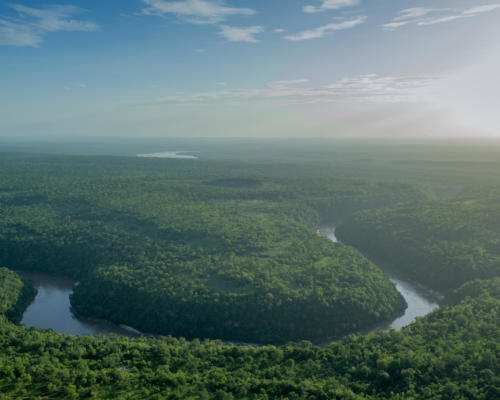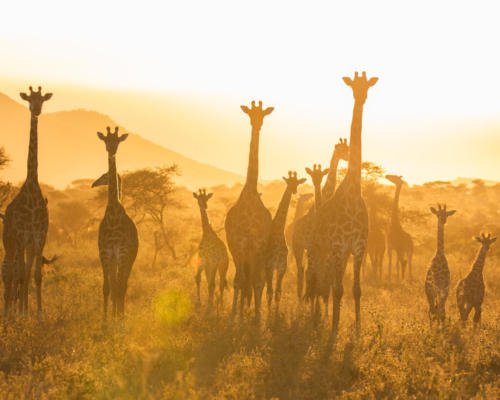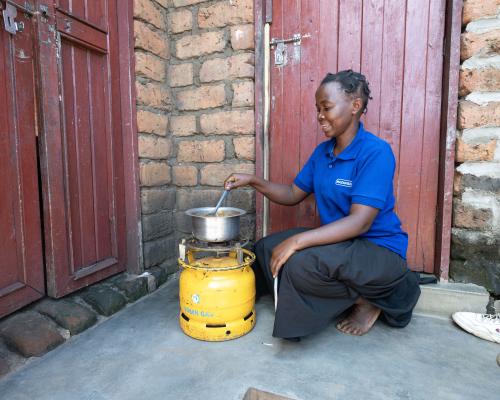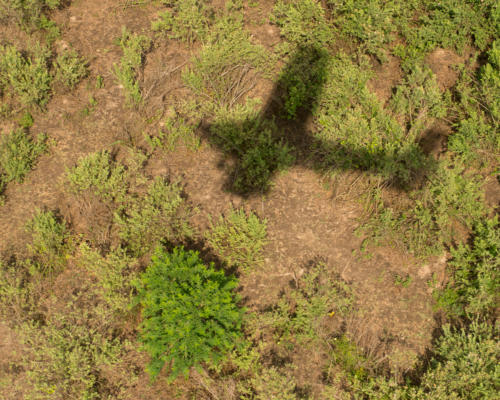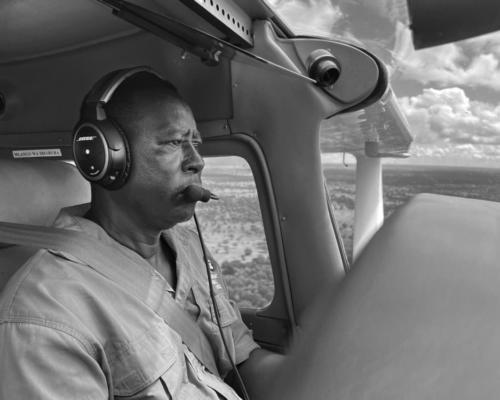Tanzania and Germany have a long history of working together, with 2021 marking the 60th anniversary of this cooperation. The focus of this cooperation is on the protection of Tanzania’s rich biodiversity.
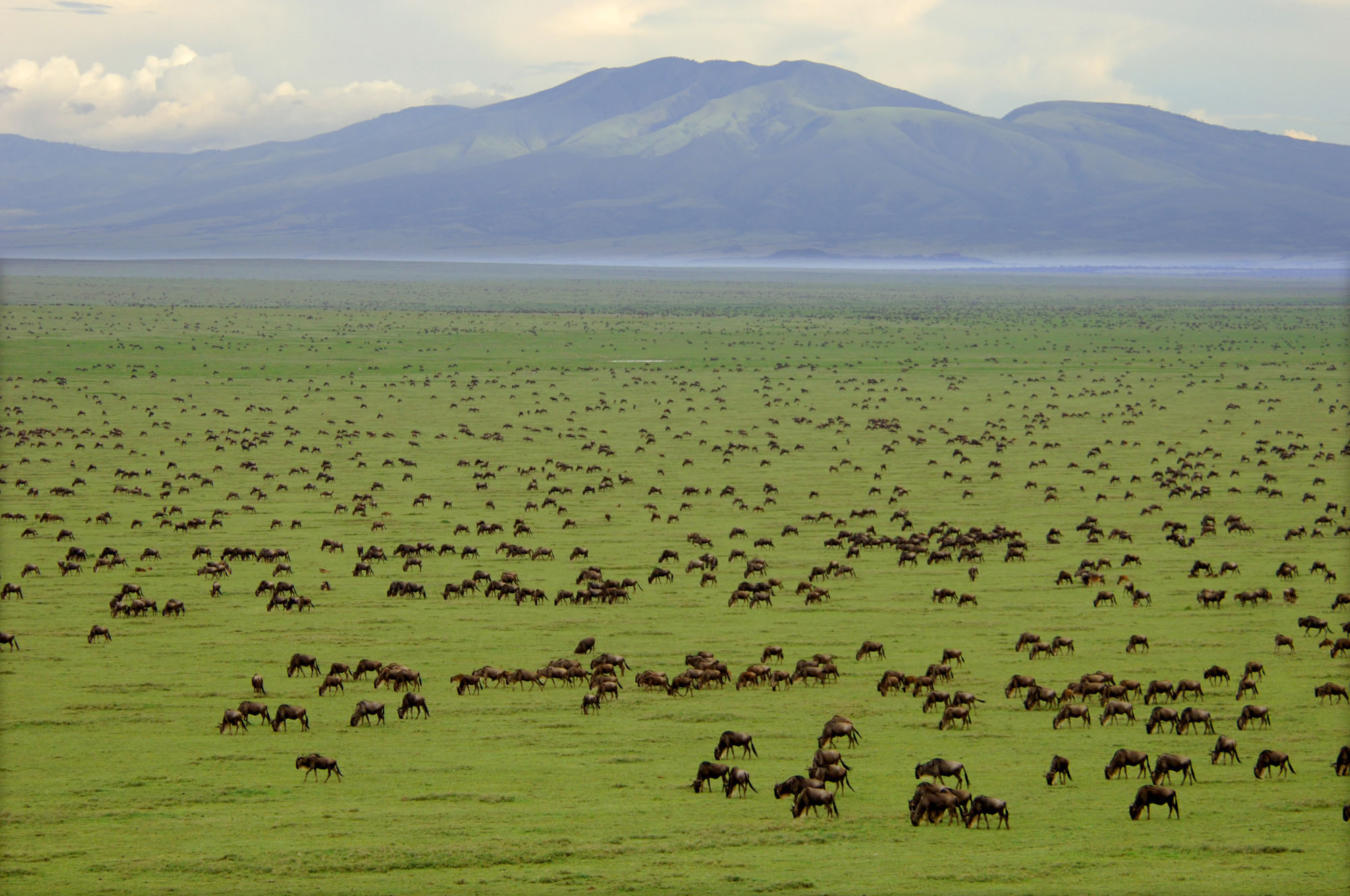
A 20 million Euro rescue package for the Serengeti
Today, 28 October 2021, the two countries signed a series of agreements that include, among other things, a commitment of 20 million Euros to help Tanzania’s protected areas keep threats at bay and build back better and more resilient following the COVID-19 pandemic.
On behalf of the German Federal Ministry for Economic Cooperation and Development (BMZ), KfW signed the financing agreement with the Tanzanian Ministry of Finance and Planning. Now, that money will be used for biodiversity conservation in Tanzania, specifically for the Serengeti, Nyerere National Park as well as the Selous Game Reserve.
“This marks an historic commitment by KfW to help three of the most important protected areas in Tanzania withstand the unprecedented effects of the global COVID-19 pandemic”, says Dr. Dennis Rentsch, FZS Deputy Africa Director.
Some ways the funds will be used include support for rangers, black rhino protection, maintaining and improving park infrastructure and roads, strengthening park outreach to support local communities, and building back sustainable tourism developments.
“Tourism revenue in Tanzania has plummeted by 90% since March 2020. The country with the fourth greatest abundance of wildlife in the world therefore urgently needs support in maintaining biodiversity conservation measures in protected areas. At the same time, the recovery from the crisis presents an opportunity to develop tourism in the Serengeti based on a “green recovery” model that is more resource-efficient and yet generates sufficient income for the local population,” said Christiane Laibach, Member of KfW Group’s Executive Board.
Next week, FZS Executive Director Christof Schenck will officially countersign the agreement in Frankfurt am Main, Germany. After that, the Tanzania National Parks Authority (TANAPA), the Tanzania Wildlife Management Authority (TAWA) and the Frankfurt Zoological Society can begin implementing the funds, for the benefit of people and protected areas.






